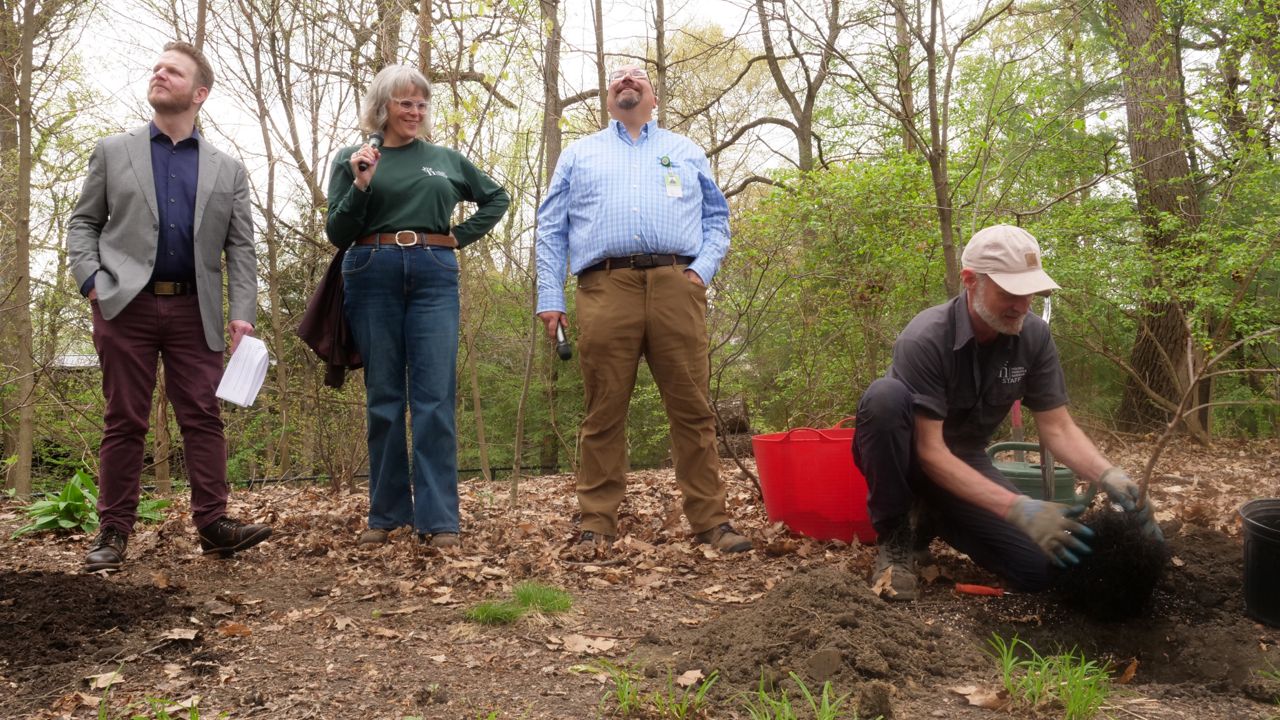CLEVELAND — Cleveland’s Municipal Housing Court, one of only three specialized housing courts in the state, is celebrating its 45th anniversary this year.
“This is a court that was designed to be more of a people's court and a community-based court,” said Administrative Judge W. Moná Scott.
Scott, who became the first woman elected to serve a full term in her role in 2019, said having a specialized court creates a more reliable system for holding property owners accountable. Without it, housing issues would play out in municipal court, where she said cases for things like domestic violence and assault take priority.
“Housing drops further and further down in that pecking order,” Scott said.
But, she added, housing is a hugely important issue. In 2024, Cleveland’s housing court took on more than 7,000 cases. That gives Scott, who said she looks through every file in the docket, an in-depth perspective of the issues residents are facing.
“They’re happy to have a parcel to rent, but at the same time, they don’t want the roof collapsing in the in the property,” Scott said. “They don’t want leaky faucets or spotty running water or mold and mildew growing in the property, and they don’t want lead. They don’t want their kids to be exposed to those kinds of things.”
Scott said in her time on the bench, she’s worked to improve access to the court, allowing virtual hearings, creating a kiosk in the justice center for those without internet access and more.
City officials also recently passed legislation aimed at cracking down on landlords who don’t care for their properties, something Scott said was well-intentioned but rushed. She said she’s hopeful with time and more collaboration, the new laws will have more of an impact.
“I think it can thrive a lot better, but it’s a team effort,” Scott said. “It’s not just one department versus another department versus the court versus city council.”
Cuts to federal funding are also an issue for housing in cities across Ohio. Scott and Cleveland city leaders are raising concerns about reductions by the Trump administration to the U.S. Department of Housing and Urban Development (HUD).
“They own a lot of federal property that house marginalized, low-income people,” Scott said. “At the rate they’re going where they’re closing out federal office buildings and attempting to sell them, it’s a concern.”
But even as uncertainty looms, Scott said she’s confident in the legal system.
“The one thing I can say is that the courts are doing what the courts took an oath to do, and that stops a lot of things from happening,” she said.
HUD did not respond to Spectrum News 1’s request for comment on this report before publication.











